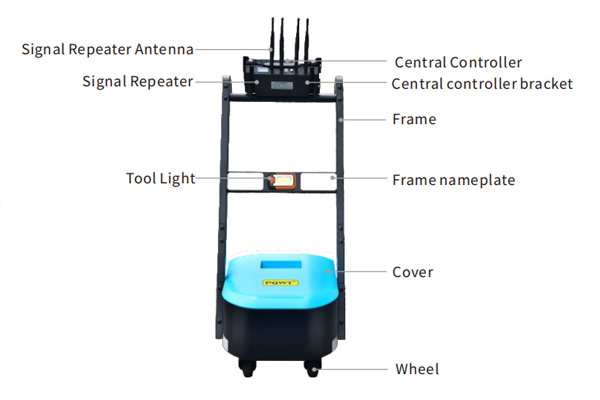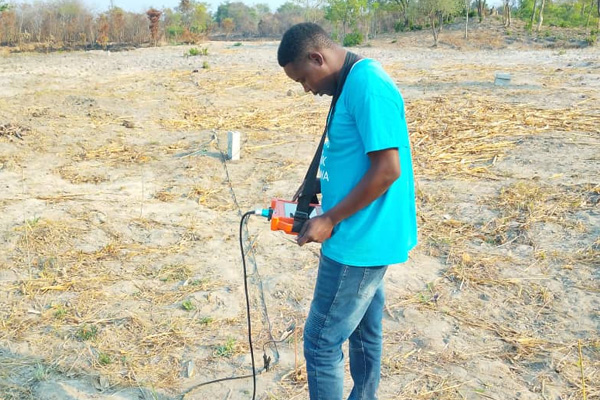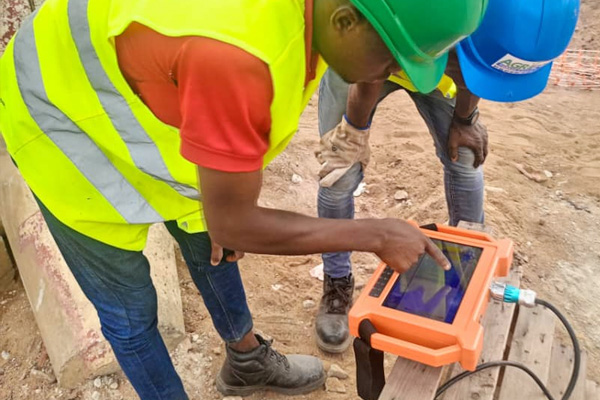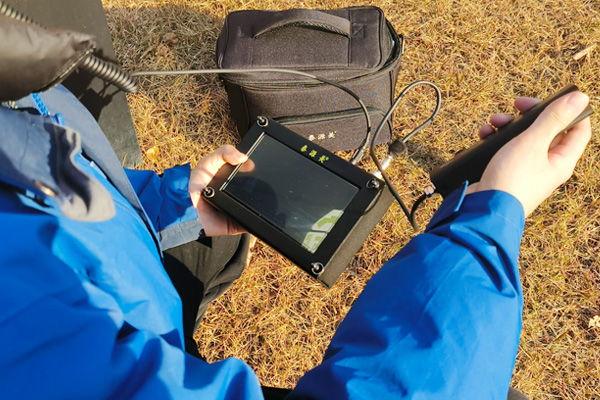In the field of earth sciences, the search for groundwater resources is a complex and delicate task, which involves the knowledge of many disciplines such as geology, physics and chemistry. In recent years, a device called "pqwt ground water detector" has become a star tool in the field of groundwater exploration due to its unique working principle and efficient application. In this paper, we will discuss in depth the working principle and technical characteristics of the pqwt ground water detector and its application in groundwater exploration.
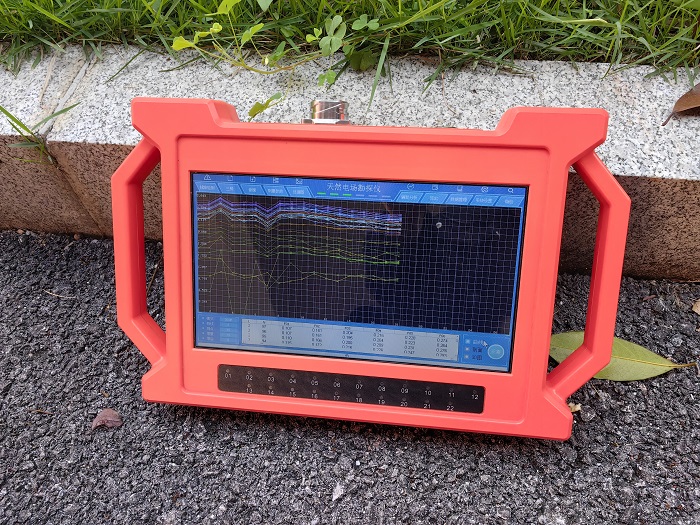
Working principle: signal capture under natural electric field
The core technology of pqwt ground water detector lies in its utilization of natural electric field. As we know, the earth itself is a huge electromagnetic system, and the rocks, minerals and underground water in its interior will respond differently to the natural electric field due to the differences in their physical properties (e.g. resistivity). pqwt ground water detector is based on this principle, and it can detect the resistivity of underground rocks, minerals or underground water by measuring the electric field components above the ground at N different frequencies. The pqwt ground water detector is based on this principle, and by measuring the electric field components at N different frequencies above the ground, it can detect the difference in the resistivity of underground rock or groundwater, and thus reveal the distribution of groundwater.
Technical features: Accuracy and efficiency at the same time
1. Non-invasive detection: pqwt ground water detector does not need to excavate or drill holes on the ground, but only needs to measure on the surface, which greatly reduces the impact on the environment and also reduces the exploration cost.
2. High-precision positioning: through the comprehensive analysis of multiple frequency electric field components, pqwt ground water detector is able to provide more precise information on the location of groundwater, which improves the accuracy and efficiency of exploration.
3. Strong adaptability: Whether in plains, mountains or deserts, pqwt ground water detector can work effectively, and its wide applicability makes it an ideal choice for groundwater exploration under various geological conditions.
Application examples: from theory to practice
The pqwt ground water detector has been successfully used in groundwater exploration projects in many countries and regions. For example, in arid areas, through the precise positioning of the pqwt ground water detector, engineers are able to quickly locate groundwater-enriched areas, solving drinking water problems for local residents; in the exploration of mineral resources, the device also plays an important role in helping to identify the location of underground veins, promoting the effective development of resources.
Conclusion
The pqwt ground water detector is becoming an important force in the field of ground water exploration with its unique technical advantages and wide application prospects. With the continuous progress of science and technology, we have reason to believe that in the future, pqwt ground water detector will play a greater role in a wider range of fields and contribute more to the development of human society.





